The Minister of Interior was invited to the National Assembly in the session of oral questions on Tuesday 8 August. Some MPs have said they are concerned about the inflammatory language used by some the political leaders.
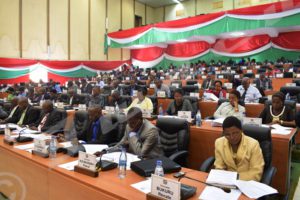
Some MPs say they are concerned about the language of hate used by some politicians
Bernard Ndayisenga, an MP asked the Minister of the Interior if those politicians who use inflammatory words are not breaking the law. He was referring to the speech delivered by Jeanne Ndimubandi, Secretary General of the National Liberation Front party -FNL.
In her address to FNL party members in Rumonge southern Province on 22 July, Jeanne Ndimubandi publicly accused the coalition “Amizero y’Abarundi” of seeking to take power by force. She also said democracy has been established in Burundi since the country is ruled by a president from a Hutu ethnic group. “This kind of speech would divide Burundians”, MP Ndayisenga says.
Angèle Ciza, another MP also says the Director of Public Prosecutions would have already used his jurisdictions to summon politicians using a divisive language. “Burundians felt hurt by what FNL leaders said”, she says. He urges the Ministry of the Interior to intervene as such inflammatory words would have a negative impact on Burundians.
On 28 July, Jacques Bigirimana, the chairman of FNL party accused Agathon Rwasa, the leader of the coalition “Amizero y’Abarundi” of having not yet given up the idea of war. Bigirimana explained that the tangible evidence of Rwasa’s plan to wage war is contained in the files of the security forces.
Pascal Barandagiye, Minister of the Interior says the criminal responsibility is individual. “I personally didn’t hear the inflammatory language used by FNL leaders but as they are mature, they must accept full responsibility for the language they use”, he says. He, however, says that if it is the case, the justice and police must do their part.
Barandagiye also says his ministry will conduct investigations into the case to provide them with some pieces of advice if ever it proves true that a divisive language has been used. Otherwise, he says, inflammatory words are strictly forbidden in the Constitution as they should divide the Burundian population.
Pierre Nkurikiye, spokesperson for the Ministry of Public Security said it’s up to the politicians themselves to answer to the questions that arise from the statements they have made themselves. “The police do technical work and are meant to be apolitical”, he said.
On behalf of Justice Ministry, Aimé Laurentine Kanyana, the Minister said she recommended the Director of Public Prosecutions to open information file over what has been said by the leaders of FNL.
In 2015, Burundi plunged into a serious political crisis ten years after the end of a civil war in 2005 that had started in 1993. It was the result of long standing ethnic divisions between the Hutu and Tutsi ethnic groups.

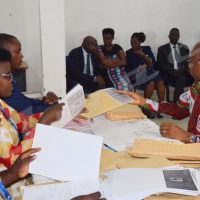
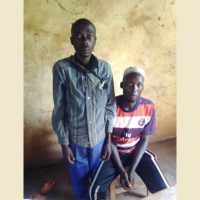

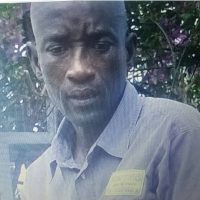
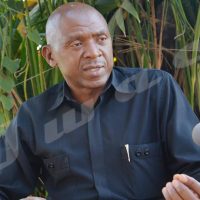













 IWACU Open Data
IWACU Open Data

